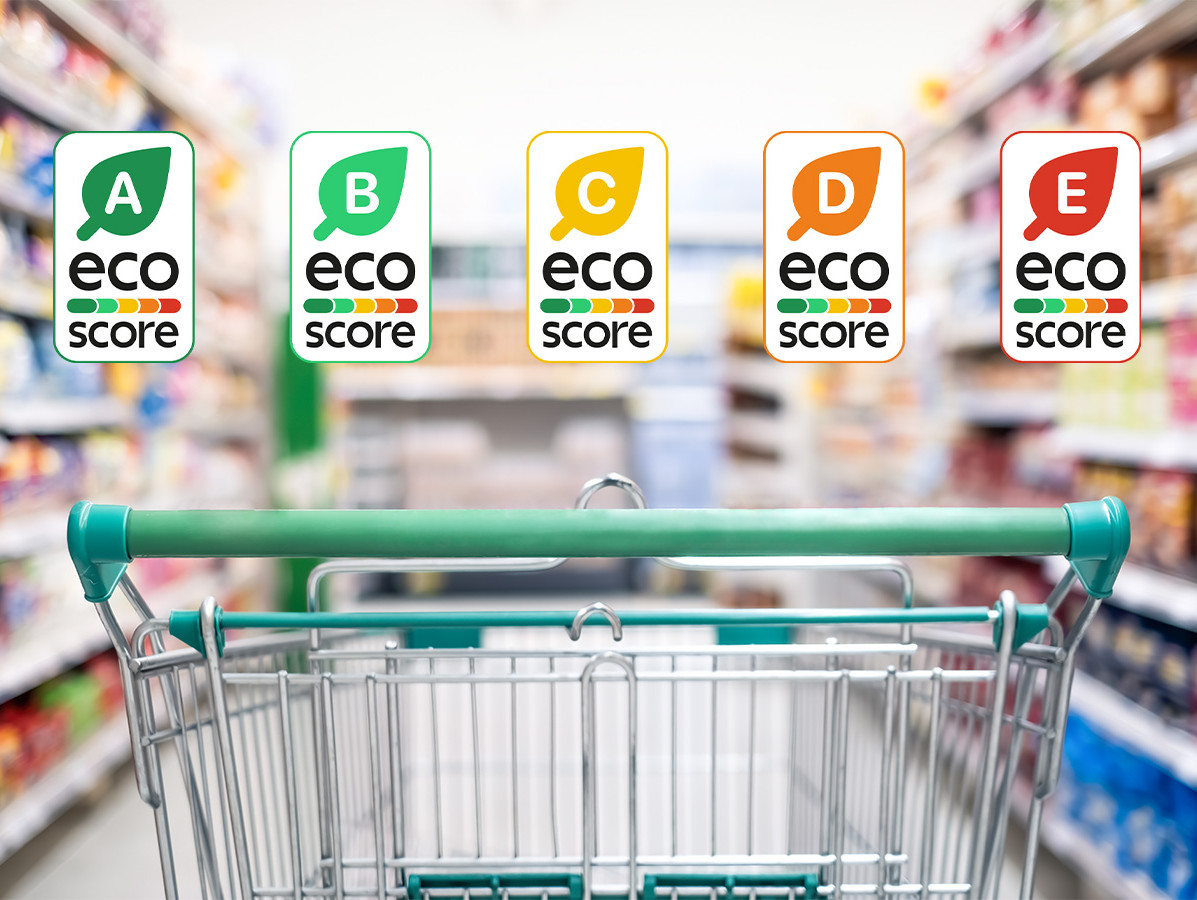
Actors involved in the ecological transition have high expectations of information systems, like labels, related to the environmental impact of products and services. Information systems should speed up the ecological transition of companies, improve the offer for the consumer’s benefit and encourage environmental protection. In the food sector, organic movements support such indicators.
However, they are opposed to the fact that they could be unfair or misleading to consumers. To avoid unfair and misleading labels, IFOAM Organics Europe has brought legal action before the Paris Court of Justice. The organic movement requests the termination of the use of environmental labelling of food products that is considered unfair to organic production and deceptive for consumers.
IFOAM is challenging Ademe (French agency for the ecological transition), Yuca, operator of the Yuka platform, Eco2 Initiative, operator of the Etiquettable platform, and Open Food Facts, also and in particular as operator of an eponymous platform, using the ‘Eco-score’ as an environmental display.
According to Jan Plagge, President of IFOAM Organics Europe: “Instead of fighting greenwashing, labelling schemes like the Eco-score contribute to it. They potentially mislead consumers about the organic or non-organic nature of the food products on which they are displayed, and favour products from intensive agriculture. The organic movement is concerned about the spread of such labelling schemes in several EU countries. It is more important than ever to better inform consumers about the environmental value of their food choices. But this must be done in compliance with the European legislation on organic farming as regards the terms used, and on the basis of methodologies that take into account all the externalities linked to different modes of agricultural production, particularly on biodiversity”.
Source: IFOAM